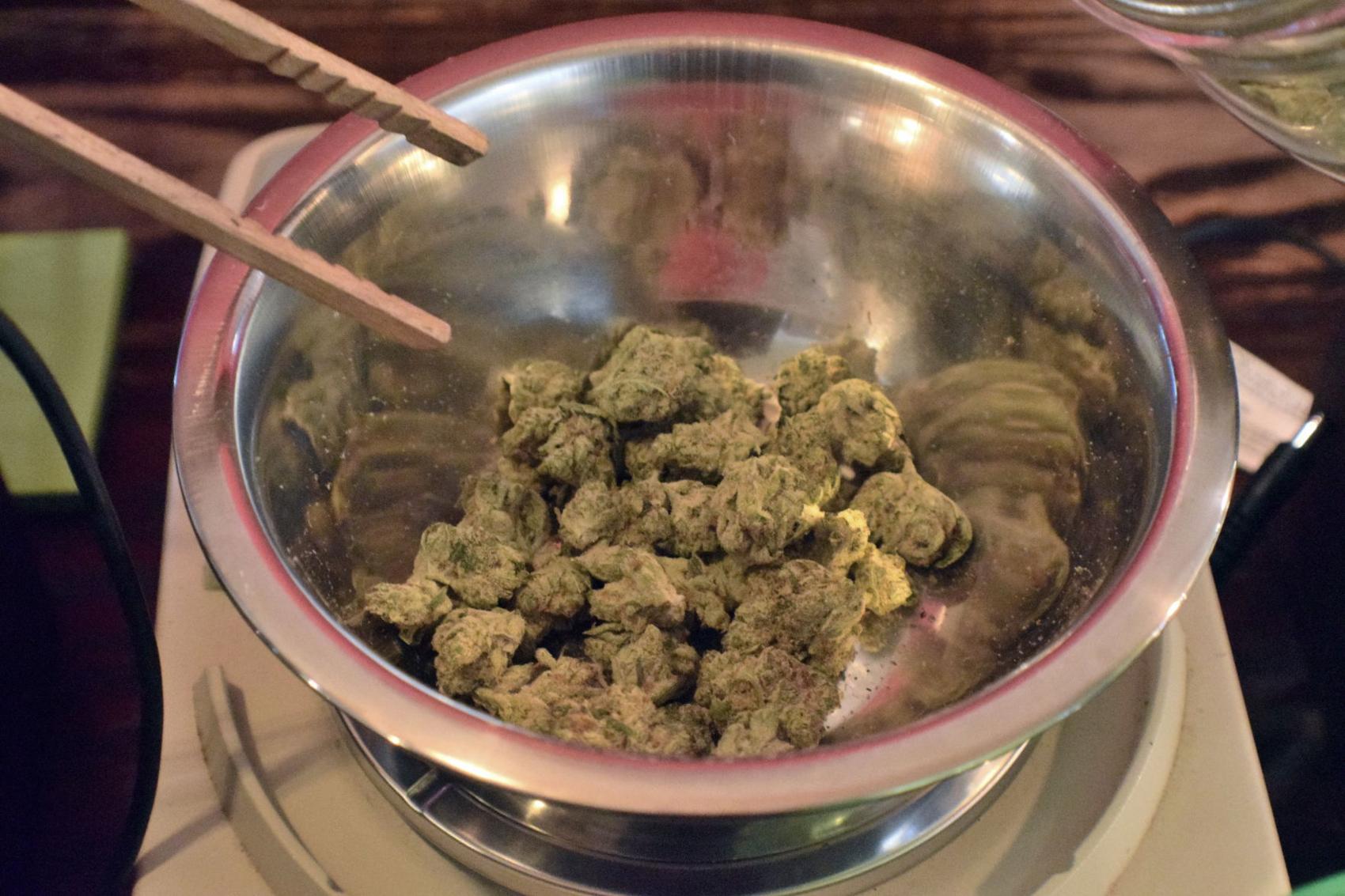You are here
Home 🌿 Marijuana Business News 🌿 A billion grams of unsold legal pot may spell further woes for the industry 🌿A billion grams of unsold legal pot may spell further woes for the industry

There's a billion grams of cannabis stuck in vaults across Canada. The billion dollar question now is: What do you do with all that legal pot?
Health Canada released industry-wide cannabis data for October earlier this week showing that about 1.1 million kilograms of cannabis are being stockpiled by producers nationwide.
That's an all-time high for the sector, following the second legal harvest of outdoor cannabis in Canada. That harvest pumped an additional 220,461 kilograms of legal pot into the market, up 67 per cent from the previous month.
It's a glut that continues to weigh heavily on the industry, possibly spelling further writedowns and facility closures in the months to come, analysts say.
Het Shah, managing director of Cannabis Benchmarks, said that Canada's monthly consumption rate comes to about 30,000 kilograms which means that three years worth of supply is currently idle.
"It's quite a substantial number," he said in an interview. "Some of these licensed producers might be thinking they can write it off and buy it from a smaller producer, which might wind up being a higher grade product."
This week The Valens Co. announced it would liquidate its cannabis oil products at market-clearing rates, which could prove to be another canary in the coal mine suggesting more losses are coming. Tyler Robson, Valens chief executive officer, said in an interview that the company was looking to scrap its "inferior grade" product now that it has better options for higher-quality material.
"Commoditization is happening quicker than people expected," he said. "I think this is at the inflection point of this space. And we wanted to get in front of it, prior to everybody else."
The oversupply situation is making it easier for companies that opt to buy smaller batches from producers to re-package it for the recreational market, a practice widely known as "white-labelling."
"A year ago, maybe a little more, we were buying mediocre cannabis with mid-range THC levels for $4 to $5 a gram," said Peter Machalek, vice-president of sales and partnerships at TREC Brands, parent of both Thums Up and Wink.
"You can't give away mid-range THC product for a buck now. The market has become much more sophisticated, following what the consumers are demanding."
Aleafia Health Inc. Chief Executive Officer Geoff Benic thinks it'll take one more outdoor harvest to show who the real winners and losers in the Canadian space are.
"A lot of them don't want to publicly show their warts, right?" he said. "Everyone's fighting for the best margin, best cost position, best market share. So, writing down stuff is admitting defeat, as far as I'm concerned."
He added that there is still one potential wild card that could give some companies - including his - a bit more breathing room: Health Canada's upcoming ruling on whether to allow CBD - the non-impairing chemical compound found in cannabis - to be an ingredient used for over-the-counter health and wellness products. A formal decision is expected to happen later this year.
"No one knows how much of that billion grams is in CBD," Benic noted. "If it's CBD, we'll find it out. That's an easy one. But if it's THC, there'll be a lot of guys probably going out of business."
420 Intel is Your Source for Marijuana News
420 Intel Canada is your leading news source for the Canadian cannabis industry. Get the latest updates on Canadian cannabis stocks and developments on how Canada continues to be a major player in the worldwide recreational and medical cannabis industry.
420 Intel Canada is the Canadian Industry news outlet that will keep you updated on how these Canadian developments in recreational and medical marijuana will impact the country and the world. Our commitment is to bring you the most important cannabis news stories from across Canada every day of the week.
Marijuana industry news is a constant endeavor with new developments each day. For marijuana news across the True North, 420 Intel Canada promises to bring you quality, Canadian, cannabis industry news.
You can get 420 Intel news delivered directly to your inbox by signing up for our daily marijuana news, ensuring you’re always kept up to date on the ever-changing cannabis industry. To stay even better informed about marijuana legalization news follow us on Twitter, Facebook and LinkedIn.




